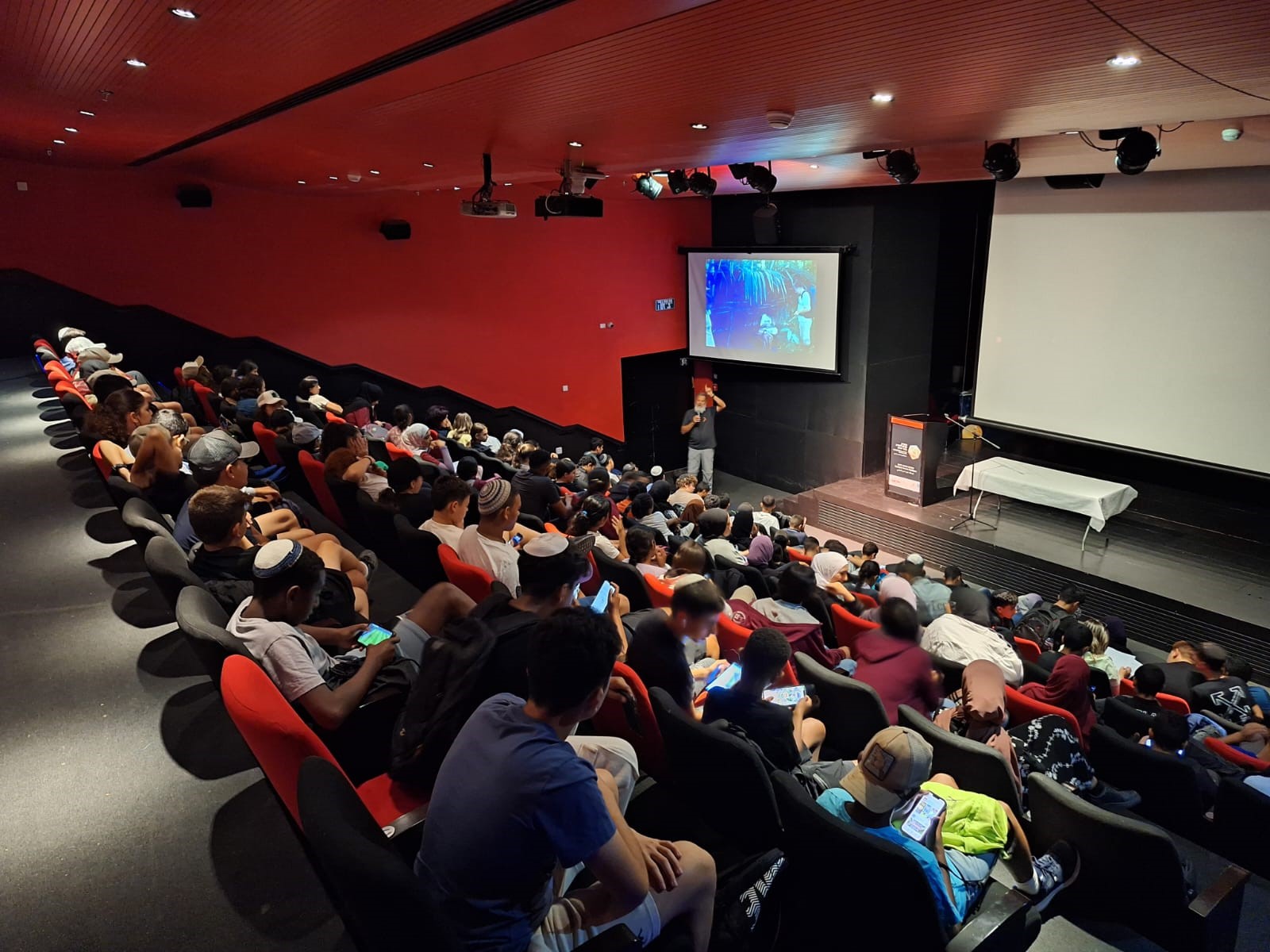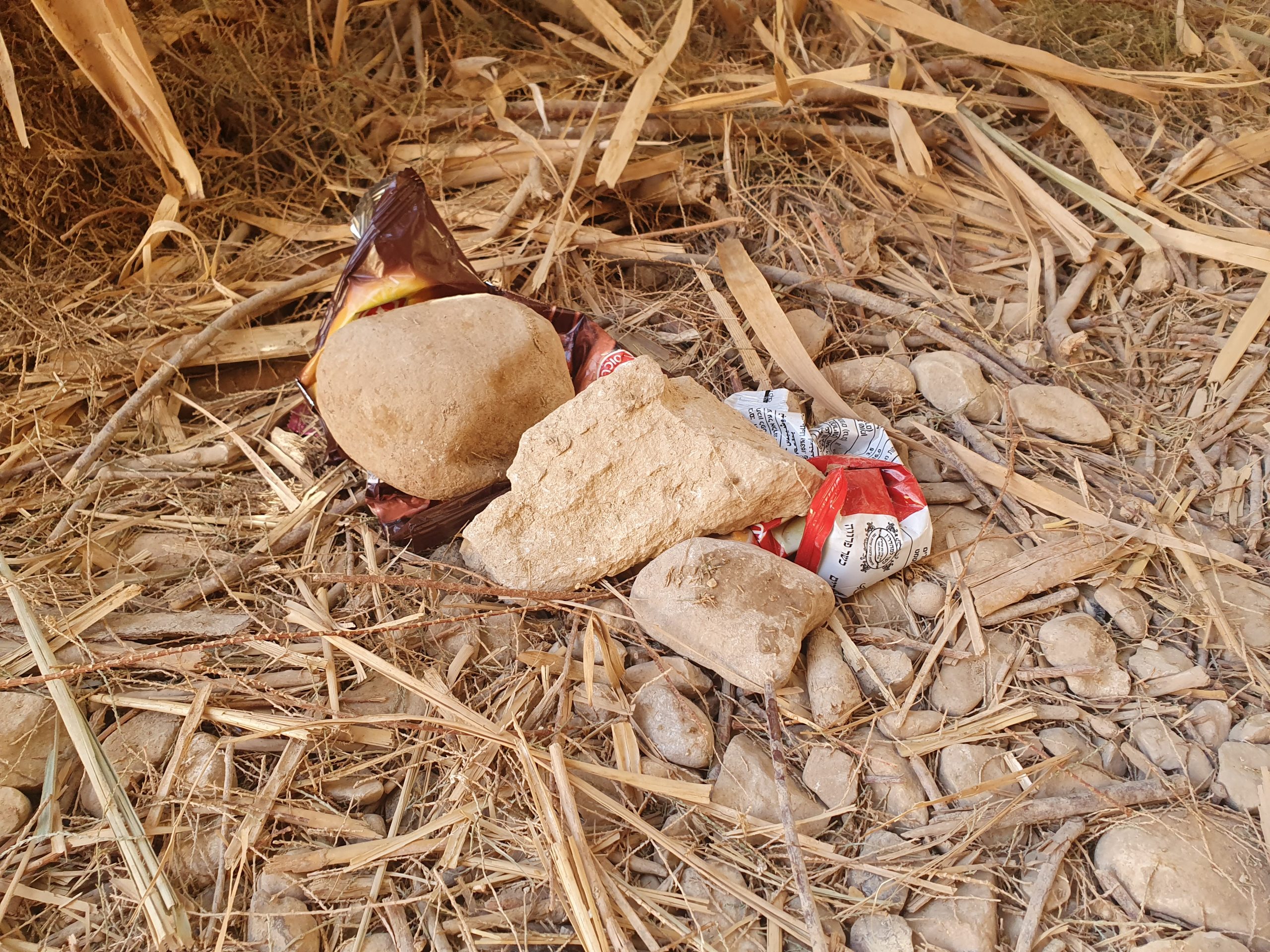A traffic jam in the Red Sea
May 9, 2017Is diving in Eilat destroying its very purpose?
Due to rising sea temperatures and ocean acidification, today, one-fifth of the world’s coral reefs are either severely damaged or are irretrievably lost. It is predicted that up 78% of the global coral cover will disappear till 2100. With the steadily growing diving industry, fragile marine ecosystems might become increasingly stressed. And as if the situation wasn’t bad enough, human-induced mass bleaching events currently leave behind a trail of destruction. In 2016, approximately 22% of the coral cover of the Great Barrier Reef died-off due to bleaching.
Accidental coral breakages caused by either inexperienced or careless divers can be avoided. One might think “accidental breakages”, that can’t be too bad, plus it is an accident. It happens, right? True, it happens, and a single incident won’t drive all the coral reefs to the edge of collapse. However, there are some 6 million active divers, plus 11 million snorkelers worldwide, so the potential damage quickly takes on a whole new dimension. Moreover, many times, divers also accidentally stir-up sediments from the seabed, which then may settle on the corals and end up suffocating them.
What is the situation in Eilat? According to Dr. Assaf Zvuluni, head biologist of the national marine reserve in Eilat, one of the main local issues is the lack of data on the condition of the reef sites that are open to the public. The national monitoring program, which is funded by the Ministry of Environmental Protection, was established in 2004, but data from the public reef sites have only been collected for two years. Nevertheless, the effects of marine tourism on the corals in Eilat are visible. “Public sites with high touristic activity exhibit less coral cover and more breakage compared to the protected marine reserve”, says Zvuluni. Technically, the Eilat Coral Beach Nature Reserve is open to the public as well, but here divers must abide by rigorous regulations. The amount of visitors is limited and the reef is under constant supervision. Severe fines await those who act carelessly or deliberately harm the corals.
“If you are looking at the bigger picture, diving and snorkeling present a comparatively small threat“, says Zvuluni. Warming sea surface temperatures and ocean acidification are the main drivers when it comes to worldwide coral decline. Yet, the adverse local effects of marine tourism are there and need to be addressed to not further intensify the already dire situation.
The question remains, what is being done to protect the vulnerable coral reef system in Eilat? And what else can be done?
Dr. Adi Levi, the scientific director of the Israeli society of ecology and environmental sciences, stresses that diving agencies need to take measures to prevent environmental damages caused by scuba divers. “It is important not only to teach newcomers how to stay safe underwater, but how to keep the underwater safe”, he says. For this purpose, beginners should be taught some basic rules of conduct as well as some vital facts about the local marine life. Even experienced divers who haven’t been to the water in a while should receive a recurring environmental briefing, perhaps in the form of a short guidance film.
According to Adam Konstantinovsky, director of the Israel Diving Authority, some good things are already being done in Eilat: “Diving schools are offering environmental dives, and as part of the introductory course they can send students to the underwater observatory for a 45 min lecture about how to minimize their impact on the reef”. But Konstantinovsky also believes that divers need to be more proactive and start thinking for themselves. “Every diver nowadays needs to gain more basic academic knowledge about the marine environment”. By Konstantinovsky’s own admission, the diving community becomes more and more proactive. “Many divers ask how they can help. Many people truly want to make a change and contribute to the conservation of Eilat’s coral reef.”
Currently, 20 active diving centers accommodate the massive demand for underwater adventure along Eilat’s 11 km coastline. “The Israeli diving community is quite unique if you consider the small size of the country”, says Konstantinovsky. “We have 30,000-35,000 Israelis diving on a regular basis, and according to our estimations, between 3,000-3,500 new divers every year. Since the sweeping majority of the people acquire their Open Water Certificate in Eilat, the pressure on the reef is massive.” Konstantinovsky also emphasizes the issue of inexperienced divers going out alone, with no supervision whatsoever. A concern he shares with Zvuluni and Levi, who point out, that stricter rules need to be applied in order to keep the marine ecosystem in Eilat safe. Unfortunately, that’s not up to the Israel Diving Authority. “We don’t have the mandate to impose fines and pass regulations, for that we have the Israel Nature and Parks Authority and the Ministry of Environmental Protection”, says Konstantinovsky.
Israeli scientists see eye to eye when it comes to regulations on independent diving in Eilat. This is particularly important since the adjoining marine area of the region is vanishingly small in proportion to the number of tourists it receives per annum. Experts point at Egypt and Jordan as examples of sustainable diving practices with stricter rules and regulations that forbid diving alone.
If you take a further look over the rim of the teacup to see what the international diving community is doing in this regard, you will quickly come across Green Fins. It is an initiative established in 2004 by the UN environmental program, which has officially introduced the first international standards for eco-conscious diving. Its goal is “To protect and conserve coral reefs by establishing and implementing environmentally friendly guidelines to promote a sustainable diving and snorkeling tourism industry.” For this purpose, Green Fins has created a code of conduct consisting of 15 points, which aim to tackle environmental threats flowing from the diving industry. Besides basic behavioral diving rules such as “avoid stirring up the sediment” and “don’t step on the corals”, more overarching issues are being addressed. Divers are encouraged to speak out against shark finning and join conservation projects. Dive operators can contribute by giving environmental briefings before each dive. Also, boats should make use of mooring lines instead of coral harming anchors. Dive centers that decide to join the project receive special training and tools, which help them to promote environmental education. In addition, Green Fins is creating a network of dive centers, communities as well as local and national governments to further expand eco-friendly practices and raise maximum awareness among divers.
Currently, Green Fins is mainly active in South East Asia. But could the diving industry in Eilat benefit from the implementation of similar guidelines and eco-minded diving practices? Regulations are always a tricky business. Especially, when economic and political interests are involved. But maybe the root to the solution lies outside of these lines. It is beyond question that the diving community needs to take the first step. And by all appearances, it has already begun. Perhaps Eilat’s diving centers need to take the next step now, by not only offering environmental education but by living it, by radiating it. If the dive schools commit themselves to a more conservational approach it is only a matter of time until it rubs off on their surrounding. If you think about it, economically it makes absolute sense.
Green initiatives and eco-collaborations between diving operators might be the trigger that kicks off a new phase in the fight for the preservation of the corals of Eilat.
This ZAVIT article was also published in i24NEWS on 5/9/2017







